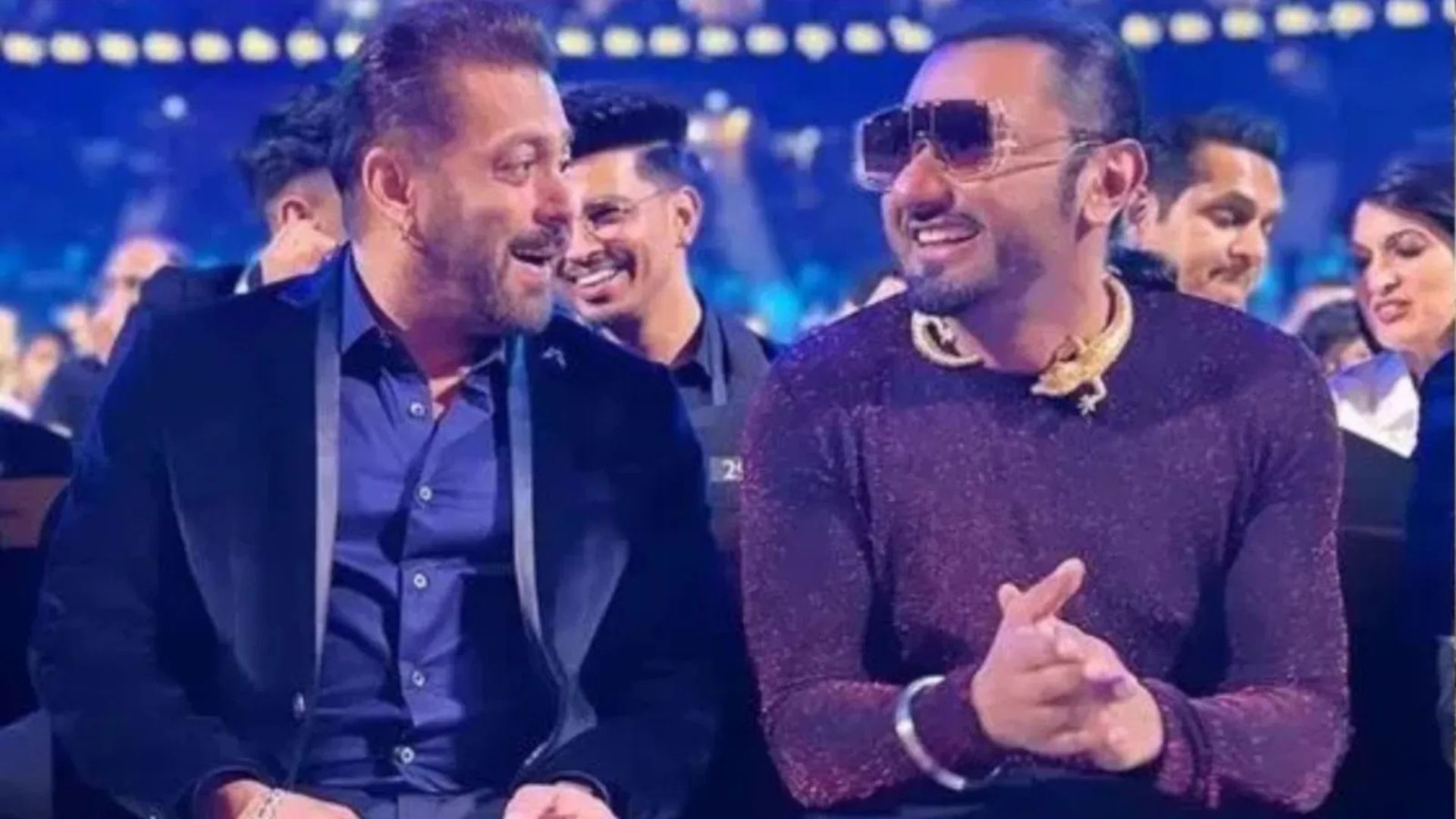Without beating about the bush and without indulging in any mollycoddling, the Aurangabad Bench of Bombay High Court in a most powerful, pragmatic, pertinent and progressive judgment titled A vs B in Criminal Revision Application No. 36 of 2020 that was pronounced just recently on March 92023 has minced just no words to hold emphatically that a single-line reason is not expected from senior Judges like District Judges. This was held so by the Court while reprimanding a Sessions Judge for giving a single-line reasoning and not giving a detailed reasoned order while quashing an order of a Judicial Magistrate. The Court set aside the finding of Additional Sessions Judge, Aurangabad that the petitioner was liable to pay maintenance to his wife under the Protection of Women from Domestic Violence Act, 2005. The petitioner’s wife had filed a domestic violence against him in 2016. It may be recalled that before this, the couple had been involved in various court proceedings for divorce, maintenance and custody of children since 2005.
It must be noted that the Single Judge Bench of Aurangabad Bench of Bombay High Court comprising of Hon’ble Mr Justice SG Mehare criticized a Sessions Judge at Aurangabad while taking potshots at judgment for erroneously observing without giving reasons that the Magistrate has not properly appreciated the evidence in proper perspective in a domestic violence case. It must be also noticed that the Bench also opined sagaciously that the Appellate Court was supposed to hear any case as if it is a trial and record reasons when giving its decision. Very rightly so!
Of course, the Sessions Judge was hearing a criminal revision application arising from an order of the Magistrate refusing to grant maintenance to a wife under the Protection of Women from Domestic Violence (DV) Act. It must be mentioned that the Sessions Judge had reversed the Magistrate’s order and granted monthly maintenance of Rs 3,000 and an additional Rs 3,000 for rent. This was challenged before the High Court by the husband through this present appeal.
It deserves mentioning that the Bench appreciated quite forthrightly that the Magistrate had discussed every piece of evidence in detail and dealt with the provisions of the Domestic Violence Act while giving a well-reasoned order rejecting the application. On the contrary, the Bench pointed out that the Sessions Judge appears to have not correctly examined the record, considered the rule of appreciating the evidence, and mechanically passed the order in appeal. The Bench also regarding the Sessions Judge order termed that it is illegal, improper and incorrect, and therefore, it is liable to be set aside.
At the very outset, it must be stated that this most learned, laudable, landmark and latest oral judgment authored by the Single Judge Bench of Aurangabad Bench of Bombay High Court comprising of Hon’ble Mr Justice SG Mehare sets the ball in motion by first and foremost putting forth in para 1 that, “Rule. Rule made returnable forthwith. With the consent of the parties, heard finally.”
While stating the objective of the petition, the Bench then specifies in para 2 that, “The petitioner/husband has preferred the revision against the judgment and order of the learned Additional Sessions Judge, Aurangabad, in PWDVA Appeal No.7 of 2018, dated 03.12.2019.”
To put things in perspective, the Bench then while elaborating on the facts of the case envisages in para 3 that, “The dispute between husband and wife has a checkered history since 2005. The wife, first in time, had preferred the divorce petition against the husband on the ground of cruelty and desertion. Her petition was dismissed. The appeal preferred against the said Judgment was also dismissed. The said Judgment has attained the finality. Then the husband filed a petition for custody of the children. However, the Court returned his complaint for want of jurisdiction. He did not file an application in the Court having jurisdiction. Again, in the year 2006, the wife filed a petition under Section 20 of the Hindu Adoption and Maintenance Act for the maintenance of the children only. It was allowed. The husband accepted the said order and paid the maintenance to the children. Then again, the wife filed a petition for enhancement of the maintenance under the Hindu Adoption and Maintenance Act. It was allowed. The husband again accepted the said judgment and order. In the year 2015, the wife again filed a petition under Section 18 of the Hindu Adoption and Maintenance Act. It was partly allowed. That order was challenged. The District Court set aside the said order. After that, in the year 2014, she filed a proceeding under the Protection of Women from Domestic Violence Act, 2005 (short ‘D.V. Act’). Appreciating the evidence led by the respective parties, the learned Judicial Magistrate First Class dismissed her petition by its order dated 07.12.2017 in PWDVA No.296 of 2014. Dissatisfied with the dismissal order, the wife preferred an appeal. The learned Sessions Judge allowed the petition and granted the maintenance of Rs.3,000/- per month and the house rent of Rs.3,000/- per month to the respondent/wife.”
Most forthrightly, the Bench then rightly enunciates in para 6 that, “The learned Additional Sessions Judge, Aurangabad, in the impugned judgment and order, has observed that the learned Magistrate failed to consider the evidence, material placed on record and facts elicited on record in proper perspective. While exercising power under appeal, the appellate Court has to write a judgment as provided under Section 354 of Cr.P.C. as it applies to the judgment by the appellate Court. The judgment shall contain the point or points for determination, the decision thereon and the reasons for the decision. The appellate Court has to write a Judgment as if it is a trial before it. It has to record the reasons. Writing a Judgment in appeal is rewriting the judgment. The appellate Courts are also governed under rules including standard of reviewing the Judgment and order of the trial Court. It has to re-appreciate the evidence and assign the reason for its conclusions. The appellate Court has to assign reasons if it disagrees with the findings of the trial Court. Merely writing a single line about failing to consider the evidence, material placed on record, and the facts elicited in proper perspective is incorrect in law.”
Most significantly, the Bench then points out in para 7 that, “The learned Additional Sessions Judge did not assign any reason, disagreeing with the reasoned order passed by the learned Magistrate. It has erroneously observed without giving reasons that the Magistrate has not properly appreciated the evidence in proper perspective. Same way, the learned Additional Sessions Judge has recorded a single-line reason that there is sufficient evidence to establish the domestic violence caused to the appellant. Again, such a single-line reason is not expected from senior judges like District judges. He appears to have ignored the rules of writing judgment in appeal. On the contrary, the learned Magistrate has discussed the facts in detail. He has considered each and every piece of evidence. He has also considered the law as regards domestic violence and the entitlement of the aggrieved persons under the D.V. Act.”
Be it noted, the Bench then notes in para 8 that, “In order to seek relief under D.V. Act, the aggrieved person has to prove or prima facie show that there was domestic violence. That compelled him or her to seek relief under the said Act. Domestic violence is sine-qua-non for considering the application under the D.V. Act. In this case, the wife has been residing separately since 2005 from her husband. She never claimed maintenance under either the law or by her own petition. She is getting the interim maintenance of Rs.1,000/- in the divorce petition filed by the husband. It is yet not concluded.”
Finally and far most significantly, the Bench then concludes aptly by holding in para 9 that, “Perusal of the order passed by the learned Judicial Magistrate, this Court is of the view that it is well-reasoned order and with correct findings that the respondent/wife failed to prove the domestic violence. However, the learned Additional Sessions Judge appears to have not correctly examined the record, considered the rule of appreciating the evidence, and mechanically passed the impugned order. The impugned order is illegal, improper and incorrect, and therefore, it is liable to be set aside. Hence, the following order :
ORDER
I) The revision application is allowed.
II) The order passed by the learned Additional Sessions Judge, Aurangabad, in PWDVA Appeal No.7 of 2018 dated 03.12.2019 is quashed and set aside, and the order of the learned Judicial Magistrate First Class, Aurangabad, in PWDVA No.296 of 2014 dated 07.12.2017 is maintained.
III) Record and proceedings be returned to the learned Judicial Magistrate First Class, Aurangabad.
IV) Whatsoever amount the wife has received by way of an interim order of this Court shall not be recovered from her.
V) Rule is made absolute in the above terms.”
In sum, we thus see that the Single Judge Bench of Aurangabad Bench of Bombay High Court comprising of Hon’ble Mr Justice SG Mehare minces absolutely no words in pulling up the learned Additional Sessions Judge of Aurangabad for giving “single-line” reasoning while setting aside Magistrate’s detailed order. It thus merits no reiteration that the Judges must definitely desist from the retrograde practice of giving only a “single-line” reasoning as we see in this leading case also which is so strange and is ostensibly bound to get overruled. No denying it!













